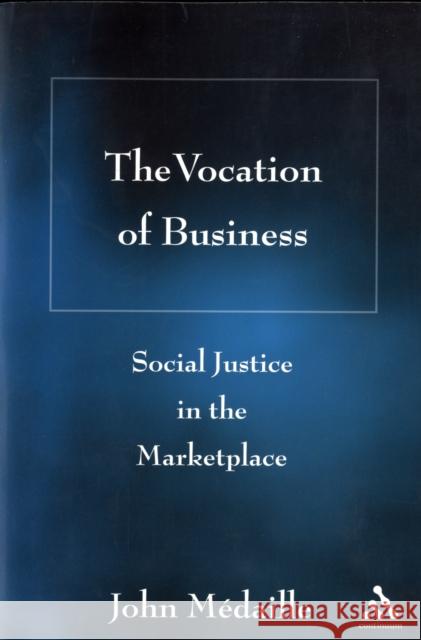The Vocation of Business: Social Justice in the Marketplace » książka
The Vocation of Business: Social Justice in the Marketplace
ISBN-13: 9780826428097 / Angielski / Miękka / 2007 / 374 str.
This is a textbook on the Social Teaching of the Roman Catholic Church for would-be business professionals. Part I does 3 things: provides (1) a history of moral discourse since the Enlightenment, (2) a history of economic thought from Aristotle and Aquinas to Ludwig Mises and Milton Friedman, and (3) a history of property. Part II provides a close reading of 3 major social encyclicals. Part III examines the tensions between Catholic social teaching and neoclassical economics. Part IV explores 5 case studies of the actual implementation of Catholic-like social teaching. The over-riding theme of the book is that the original unity of distributive and corrective justice that prevailed in both economics and moral discourse until the 16th and 17th centuries was shattered by the rise of an "individualistic" capitalism that relied on corrective justice (justice in exchange) only. The rise of individualistic business practice was paralleled by a movement in moral thinking from a discourse of virtue and the common good to a discourse of utilitarianism and "emotivism"; individual preference became all that mattered, and only the market is capable of correlating individual preferences. An economics that lacks a distributive principle will attain neither equity nor equilibrium and will be inherently unstable and increasingly reliant on government power (Keynesianism) to correct the balances. Catholic social teaching emphasizes equity in the distribution of land, the means of production, and a just wage.











